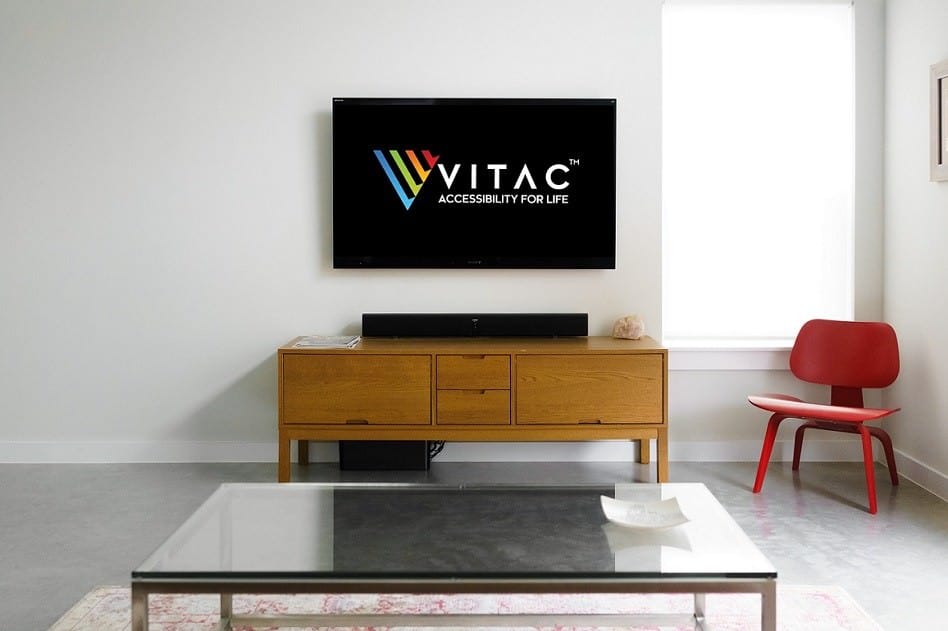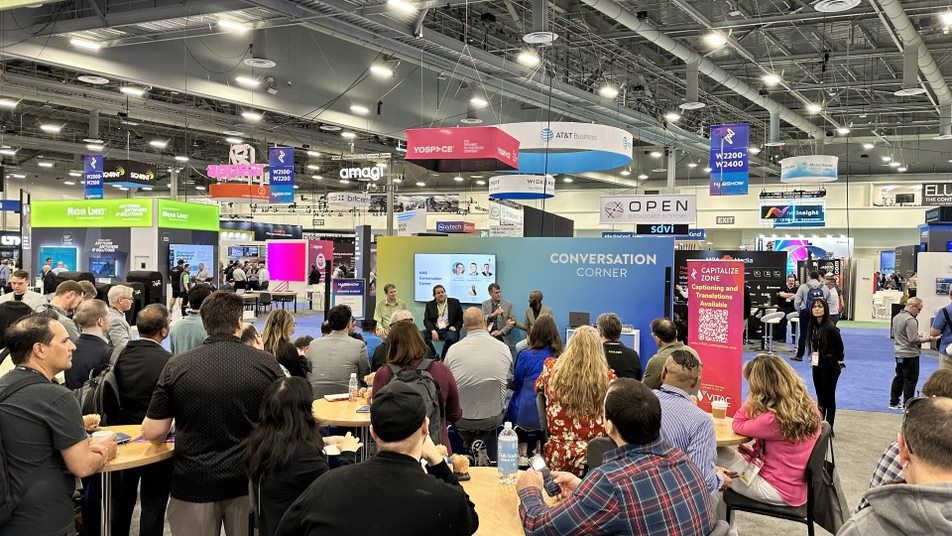More than a dozen advocacy organizations and consumer groups are supporting a call for clarification regarding the Federal Communication Commission’s plan to allow the use of fully automatic speech recognition (ASR) programs for its Internet Protocol Captioned Telephone Service (IP CTS).
The organizations — including Hearing Loss Association of America, Telecommunications for the Deaf and Hard of Hearing, Inc., National Association of the Deaf, Association of Late-Deafened Adults, Cerebral Palsy and Deaf Organization, American Association of the Deaf-Blind, Deaf Seniors of America, California Coalition of Agencies Serving the Deaf and Hard of Hearing, Deaf and Hard of Hearing Consumer Advocacy Network, Deaf/Hard of Hearing Technology Rehabilitation Engineering Research Center, and the National Association for the State Relay Administration, among others — are backing a request that the Federal Communications Commission (FCC) clarify or reconsider its approach to allowing and evaluating IP CTS applications using lone ASR technology.
Specifically, the organizations argue that the FCC’s initial decision denied stakeholders an opportunity to comment; should articulate and adopt a technology-neutral framework for certifying IP CTS providers that ensures the quality, privacy, and reliability of new offerings; and should provide the opportunity for consumers to comment on all IP CTS certification applications.
A popular critical communications service for deaf and hard-of-hearing people who communicate by speaking, IP CTS enables those with hearing loss to place a call and simultaneously read captions of what the other party is saying via a special display screen on their phone or other web-enabled device. Traditionally, a trained operator – a communications assistant (CA) or voice captioner – listens to the call, repeats what that person says, and, with the aid of ASR software, transcribes those words to text.
The FCC this summer announced plans to modernize the service and resolve compensation and funding issues, and suggested that improvements in ASR technology have made the lone use of speech recognition by itself an acceptable alternative to the CA-assisted method described above.
Late last month, IP CTS providers filed a joint letter with the FCC asking, among other things, that the commission consider IP CTS quality metrics – including those for word accuracy and caption delay – to monitor the performance of new technologies, such as the use of standalone ASR.
Legislators Seek DOJ Guidance
A half dozen United States senators sent a letter earlier this month to United States Attorney General Jeff Sessions seeking clarification on whether the Americans with Disabilities Act (ADA) applies to websites.
The letter, signed by Iowa Sens. Chuck Grassley (Iowa), Joni Ernst (Iowa), Mike Rounds (South Dakota), Thom Tillis (North Carolina), Mike Crapo (Idaho), and John Cornyn (Texas), seeks clarification from the Department of Justice (DOJ) regarding website accessibility obligations under the ADA.
The DOJ late last year announced that it had withdrawn its pending rulemaking and technical guidance for accessible websites under ADA’s Title III – a decision that has caused uncertainty for businesses, retailers, and owners and operators of public websites as to what, if any, benchmarks they must meet to comply with ADA requirements.
The letter argues that “for the ADA to be effective, it must be clear so that law abiding Americans can faithfully follow the law. Right now it is not clear whether the ADA applies to websites. This leaves businesses and property owners unsure of what standards, if any, govern their online services.”
The senators request that the DOJ provides an update on the issue by no later than this Friday (Sept. 28).
VA Website Accessibility Act of 2018
The House Veterans’ Affairs Committee Health Subcommittee is considering a bill that would require the Department of Veterans Affairs (VA) to make its websites and digital tools more accessible to the visually impaired.
The VA Website Accessibility Act of 2018 would require the VA to review its websites for compliance with section 508 of the Rehabilitation Act, report its findings to Congress, and create an action plan. The report will identify all websites, files, and applications that are not accessible.
“It is incredibly important that this Congress and the VA continue to provide all our veterans, including those with disabilities and impairments, with the resources and information they need to be successful,” said Connecticut Congresswoman Elizabeth Esty, who introduced the bill. “I have heard from veterans with visual impairments that they simply cannot access the VA website, despite federal law that requires accessibility for our disabled veterans. With the passage of this bill, we can take the steps necessary to address these concerns.”




